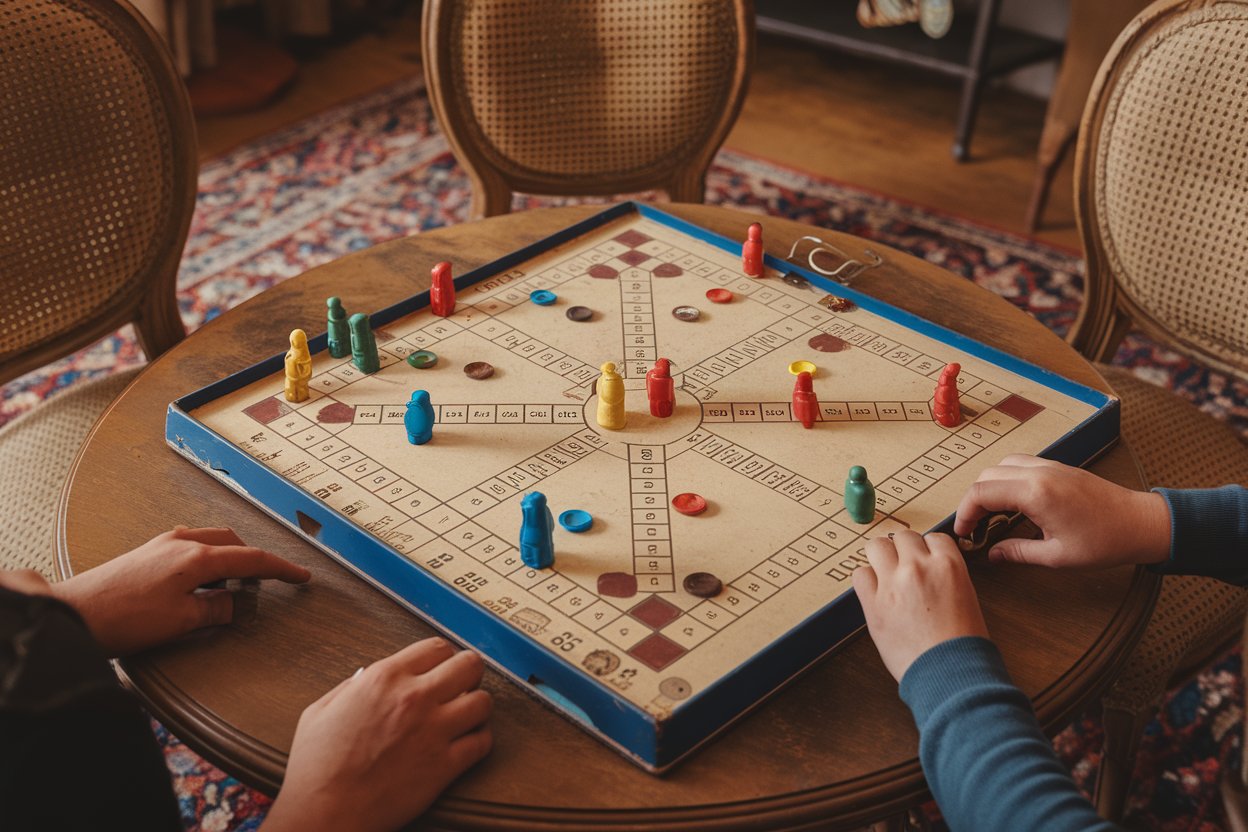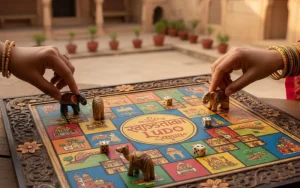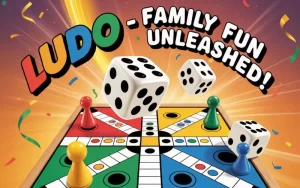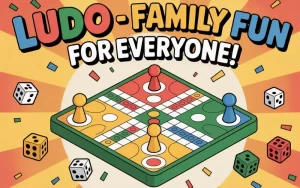Board games have fascinated humanity for thousands of years, tracing back to ancient civilizations such as Egypt and Mesopotamia. Senet, one of the earliest known board games, dates to around 3100 BC and was played in ancient Egypt as a reflection of religious beliefs surrounding the afterlife. Meanwhile, games like Go in China, originating around 2,500 years ago, showcased strategic depth that captivated scholars and generals alike.
As societies evolved, so did their games. The Middle Ages saw the emergence of chess, symbolizing warfare tactics and noble ideals. In the 20th century, mass production and marketing introduced games like Monopoly, Scrabble, and Risk to millions of households, cementing board games as a staple of social entertainment.
The Modern Revival of Board Games
The 21st century has ushered in a renaissance for board games. With the rise of crowdfunding platforms and independent publishers, a wave of innovation has produced modern classics like Catan, Ticket to Ride, and Pandemic. Board game cafes, conventions like Gen Con and Essen Spiel, and online communities have fueled a global resurgence, bringing together players from all walks of life.
Modern board games offer rich storytelling, immersive mechanics, and inclusive gameplay, making them more popular and accessible than ever before. Whether competitive or cooperative, games today cater to a wide range of player preferences and skill levels.
Why Board Games Are Essential for Personal Growth
Board games are more than just entertainment; they are tools for cognitive and social development.
Cognitive Benefits
Engaging in board games enhances critical thinking, strategic planning, problem-solving, and memory skills. Games like Azul and Wingspan challenge players to think several steps ahead, fostering mental agility and pattern recognition.
Social Skills and Emotional Intelligence
Playing board games promotes communication, empathy, teamwork, and conflict resolution. Cooperative games like Forbidden Island require players to work together under pressure, enhancing trust and group dynamics.
Stress Relief and Mental Health
Board games provide a healthy escape from daily stress, offering mindful interaction without screens. Laughing over a game of Codenames or collaborating to survive in Dead of Winter strengthens relationships and improves overall well-being.
Top Board Games for Every Age Group
Best Board Games for Kids
- Candy Land: A simple race-to-the-finish game that introduces young children to turn-taking and color recognition.
- Guess Who?: Develops logical deduction skills through character-based questioning.
- Outfoxed!: A cooperative whodunit game that encourages teamwork and critical thinking.
Top Board Games for Families
- Ticket to Ride: Easy to learn, yet strategically rich; a perfect blend of luck and planning.
- Catan: Engages players with resource management and negotiation, ideal for family bonding.
- Pictionary: Sparks creativity and laughter through visual communication.
Strategic Board Games for Adults
- Terraforming Mars: Deeply strategic, focusing on resource management and long-term planning.
- Gloomhaven: A massive cooperative campaign game full of tactical combat and storytelling.
- Scythe: Combines economics, engine-building, and area control into a stunning visual experience.
Party Games for Groups
- Codenames: A team-based word association game that rewards clever thinking.
- Just One: A cooperative party game where players guess mystery words based on one-word clues.
- Werewolf: A social deduction game that tests deception and intuition.
How to Choose the Perfect Board Game

Choosing the right board game depends on several factors:
- Number of Players: Some games, like Love Letter, are great for small groups, while others, like 7 Wonders, scale beautifully for larger gatherings.
- Complexity: For casual game nights, Sushi Go! offers quick and light-hearted fun, whereas Twilight Imperium caters to hardcore strategists.
- Theme: Whether you love fantasy, science fiction, historical themes, or abstract puzzles, there’s a board game designed for your tastes.
- Playtime: Some games wrap up in 30 minutes, while epic sagas like Gloomhaven can span dozens of hours.
Tips for Hosting a Successful Board Game Night
- Curate a Selection: Offer a variety of games to suit different tastes and energy levels.
- Know the Rules: Familiarize yourself with game rules beforehand to ensure smooth play.
- Create a Comfortable Space: Ensure plenty of table space, seating, and lighting.
- Keep it Friendly: Emphasize fun and camaraderie over competition.
Future Trends in Board Games
The board game industry continues to innovate with trends like:
- Legacy Games: Games like Pandemic Legacy where actions have permanent consequences over multiple sessions.
- App Integration: Hybrid games that use apps for narration, random events, or hidden information, as seen in Mansions of Madness.
- Sustainability: Publishers are moving towards eco-friendly materials and packaging.
The future promises even more exciting developments, blending technology, storytelling, and community engagement to bring richer experiences to tabletops worldwide.
Conclusion: Why Board Games Are Here to Stay
Board games are an enduring pillar of social interaction with online ludo, cognitive development, and entertainment. Their blend of strategy, storytelling, and community ensures their relevance for generations to come. Whether rekindling old friendships, learning new skills, or simply enjoying a night of laughter, board games offer something timeless and invaluable.







